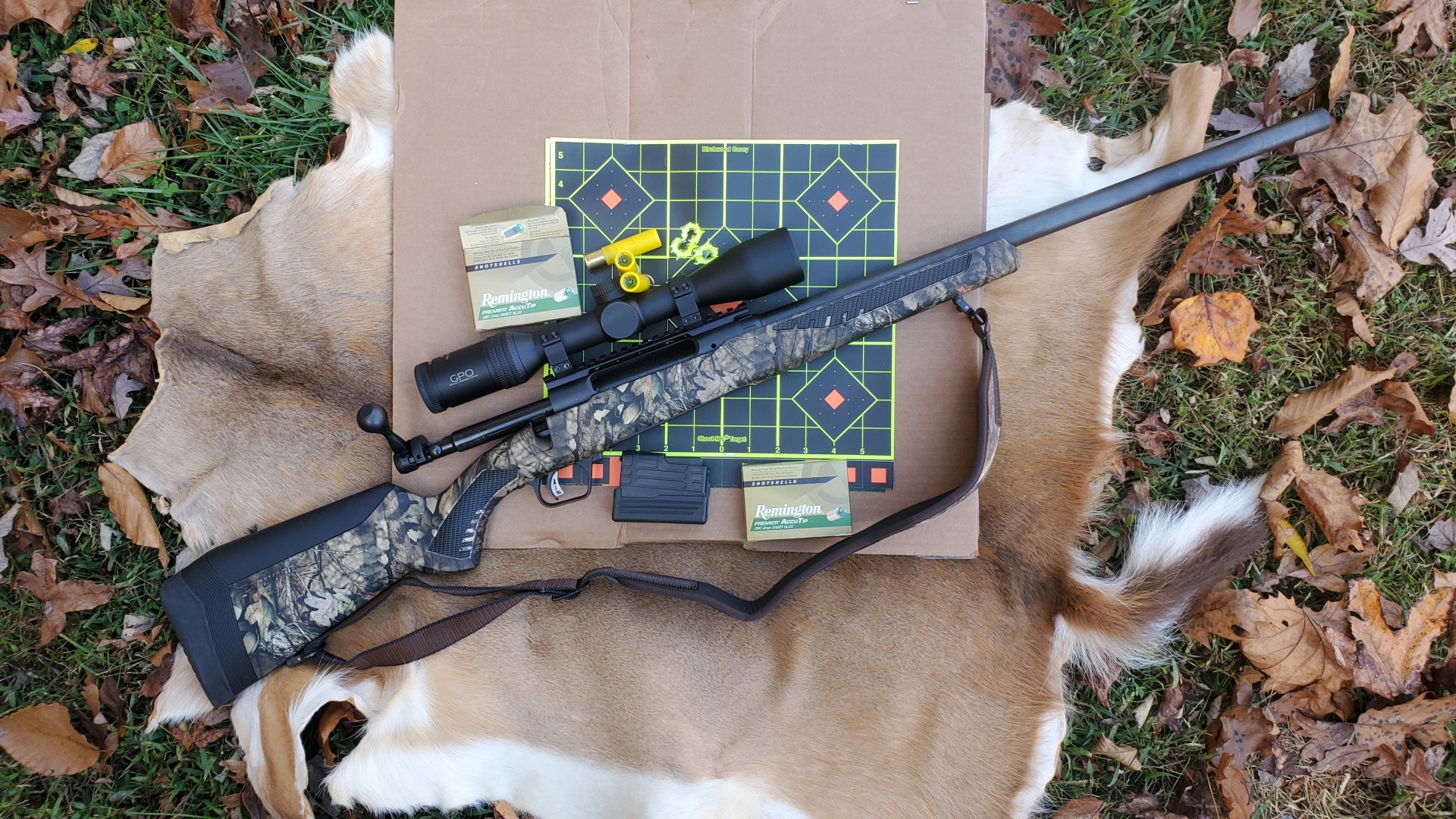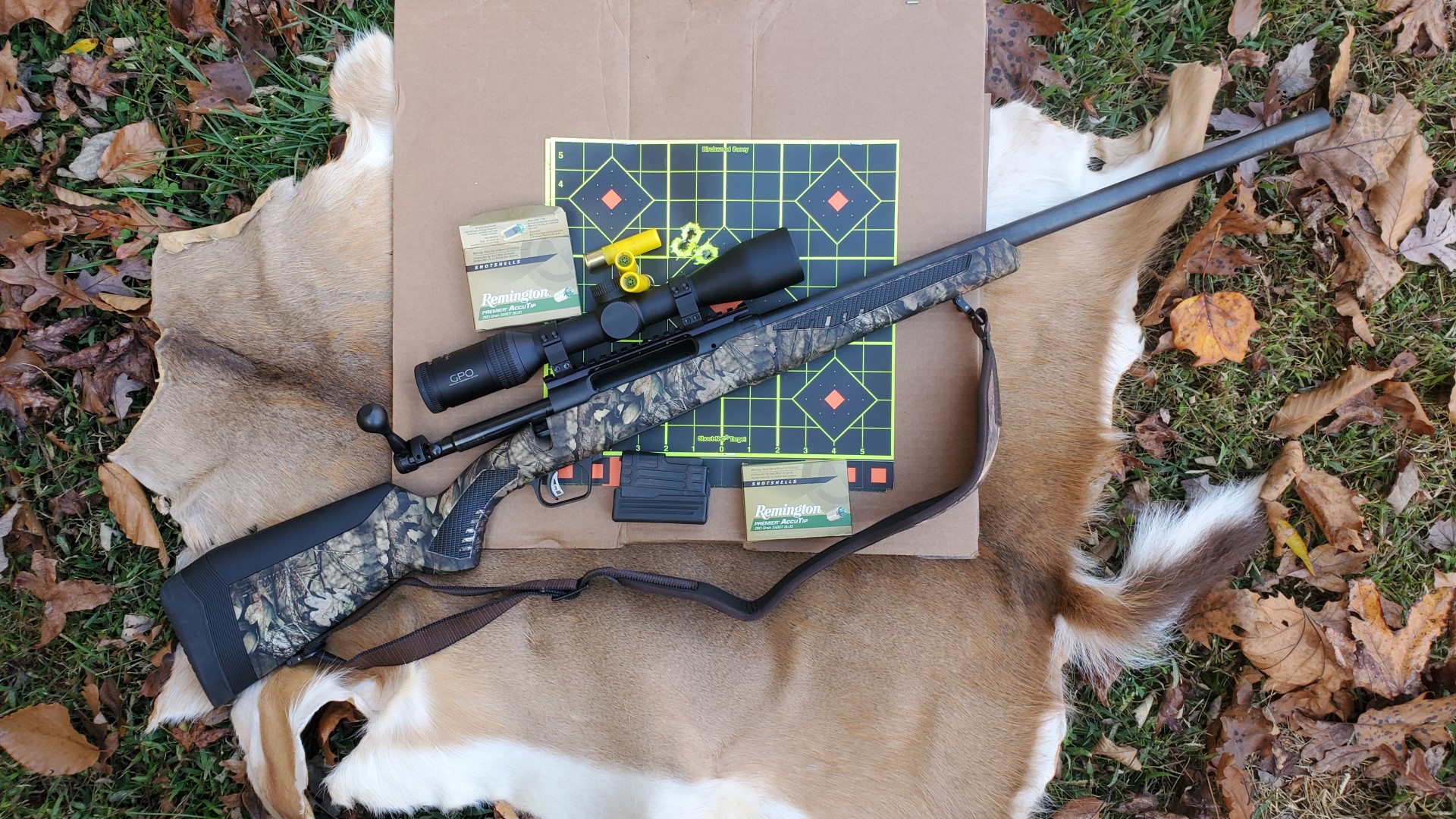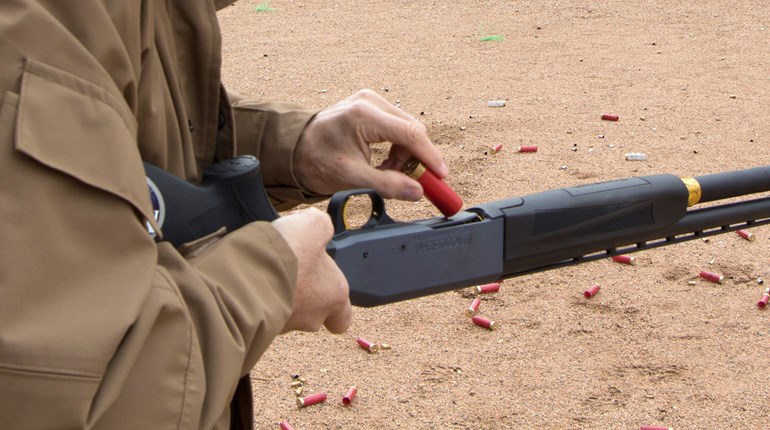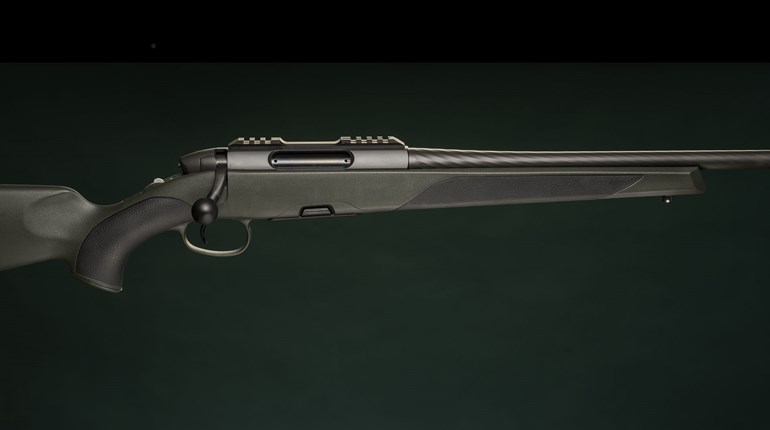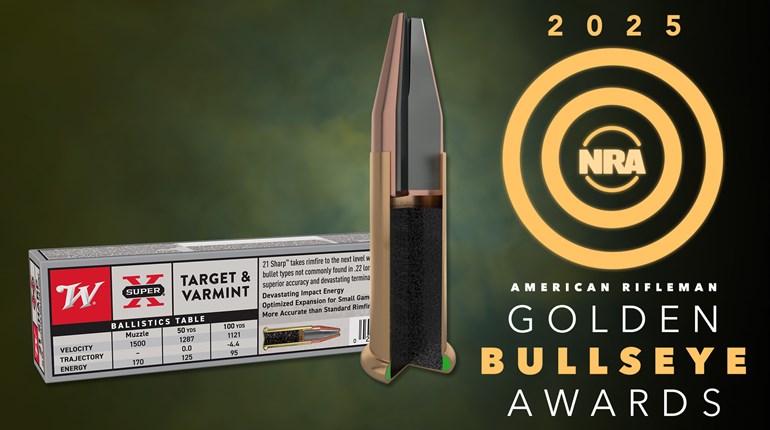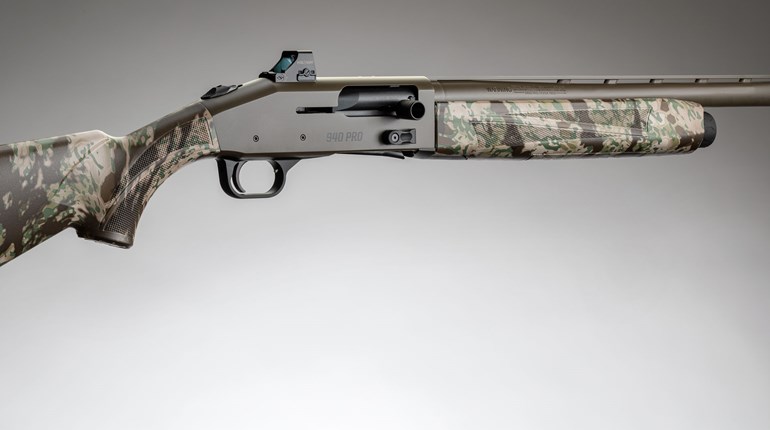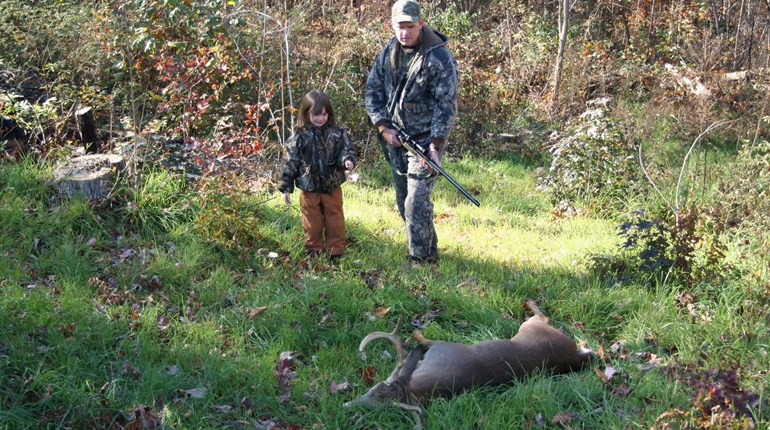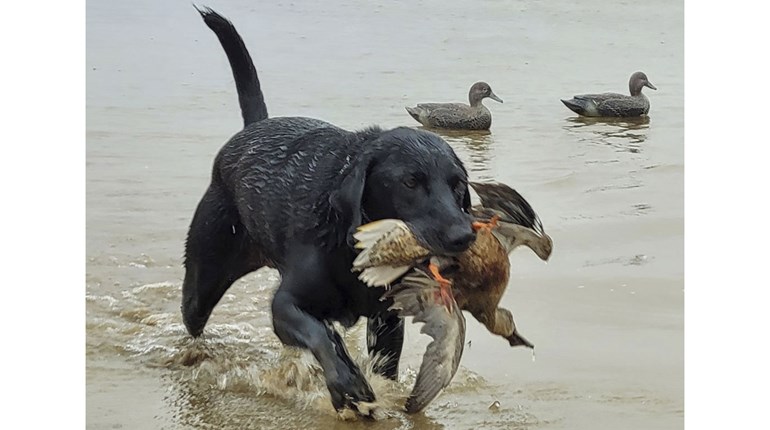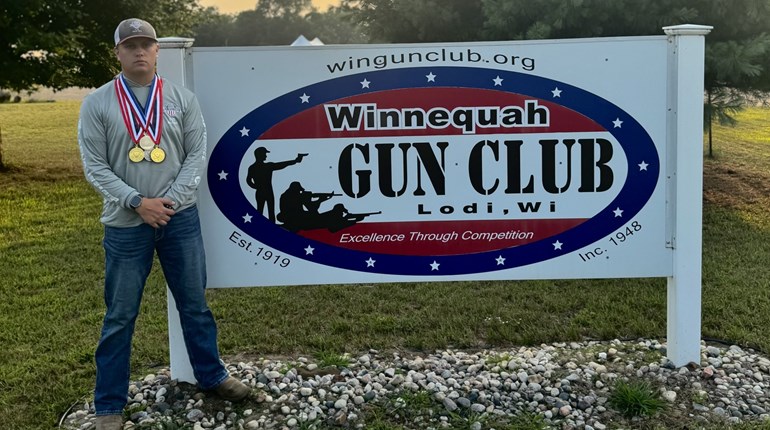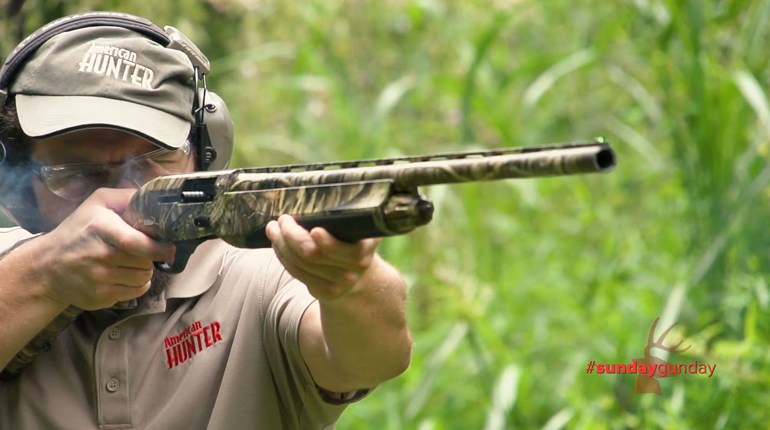
Ok, so you found this old gun in your grandfather’s attic, or perhaps a relative willed it to you, or maybe you won it in a raffle. Regardless, it’s yours now, and you’re thinking about selling it. Should you? While this question is obviously subjective depending on your specific situation, here are a few questions to ask yourself before selling.
How Much is It Worth?
This is the first question everyone asks when they come across an older gun. And most people tend to believe their find is similar in value to the Hope Diamond. Unfortunately, chances are better that it’s not worth much because the vast majority of old guns are only that—old. Just because a gun is old doesn’t necessarily make it valuable. In reality, most older, mass-manufactured guns are actually worth much less than a brand-new model.
For example, if the gun you obtained is a Mossberg 500 made anytime in the 1960s to 2020, it’s worth approximately $75 to $300, depending on its condition. That’s because if someone were looking for a Mossberg 500, why would they buy a 40-year-old shotgun with more wear, no warranty and fewer features when they could buy a new one? There are millions of these guns in existence, so unless it was Elvis’ or Dwight Eisenhower’s Mossberg 500—and you have documented proof of same—it’s not worth much money.
For an older gun to be worth more than a new similar model, it must be desirable, rare and in great condition. If it’s an old Colt revolver, a Winchester lever action, a high-quality double-barrel shotgun or something of the like, it could be very valuable. So before selling, search online gun auctions such as Gunbroker.com or buy a book called “The Standard Catalog of Firearms” to get an idea of its value before deciding to sell.
Is it a Family Heirloom?
For most guns that are obtained via the will of a deceased family member, the gun itself may not be worth much to another person in terms of dollars. But to you and your family, it may have awesome sentimental value. The rule of thumb is: If a firearm is an heirloom, chances are it will be more valuable to your family than to your pocketbook.
Take the example of the Mossberg 500. Assuming you don’t have proof that it belonged to Elvis or the King of France, if you sold it you’d probably get around $150. But you know for a fact that it belonged to your grandfather, and there’s even his initials carved in the underside of the stock. Indeed, you fondly remember him telling you the story about that snowy December morning while duck hunting, when he used his trusty Mossberg as a boat paddle to row back to shore, saving his life the day before his wedding. Certainly it depends on an individual’s current financial situation, but to put it into perspective, $200 is the cost of two month’s worth of cable bills. Wouldn’t such an heirloom—and a tangible legacy—handed down to a grandchild at Christmas be worth more than two additional months of trash TV? To the grandchild, it would likely be priceless.
On the other hand, perhaps it turns out that the gun is a standard Ruger Mini-14 that is of no sentimental significance to anyone in your family. You already have a superior AR-15, and your research has revealed that the Mini-14 is gaining in popularity and therefore value. It’s worth about $1,200 due to the demand for .223-caliber semi-autos at the moment, but it’s by no means a coveted collector’s item because millions of them were made. In this case, it may be a great opportunity to sell.
Is it Usable?
The amount of money rare baseball cards are fetching these days is crazy, especially considering that those paper cards can’t be used for anything other than an expensive firestarter. (That’s not to say that art or such collectibles aren’t valuable; if you derive happiness from merely looking at them, then they most certainly are.) But a paper card is not a gun that can be used for defense, fun or hunting, and this fact might make a difference in whether you choose to sell the gun or keep it.
You see, once a gun is fired, it’s considered used. So even if the used gun is worth, say $300, you can use it and still sell it for around $300--assuming it takes no added damage. So, maybe the old Mossberg 500 you obtained is in great working order. As such, it would make a fine gun for home defense if loaded with 00 Buckshot. Or you could load it with No. 8s and take it skeet shooting. Or perhaps you know a field that might hold a few pheasants. The point is, the Mossberg is usable, and therefore it may be worth more to you as a tool than it is to the guy behind the counter at the pawnshop.
So before selling a gun, determine if it’s usable. To do this, fully disassemble the gun. Check its barrel for obstructions and its parts for abnormal wear. Then locate the engraving on its barrel to verify its gauge or caliber. If it’s a gun made in the 1900s or later, chances are it’s just fine. But if it’s an antique gun, shows signs of structural damage or parts of it just seem janky, unfitting or weird, take it to a qualified gunsmith for a second opinion before firing it. Once you determine it works and is usable, it may influence your decision on whether to sell it.
Does it Fill a Need?
Let’s say you obtained the Mossberg from an abandoned storage unit and it’s not a family heirloom. Let’s say that it’s in good condition, shoots great, and so it may fetch $250. Now, let’s pretend like you already have a Remington 870—or perhaps even another Mossberg 500—and so you really don’t need another 12-gauge pump shotgun. This might be the perfect gun to sell. You could even take the proceeds to help pay for another gun of a caliber or model that does serve a need. A trade might even be better. Perhaps you need a 9mm handgun, but your neighbor—who’s flush with 9mms—needs a shotgun. There you go.
Can You Get Another One?
Over the years I’ve rarely met people who say, “Yep, that $200 was the best money I’ve ever made. I’m so glad I sold that old gun!”
Rather, I hear: “Dang! What was I thinking selling that old gem for $200? I guess I just needed the money at the time, but man, I regret it.”
Truth is, most gun-friendly folks like guns whether they are heirlooms, cheap, expensive, old, new, mass-made, one-of-a-kind or whatever else. Guns are tools that can be used to provide for the family; they can be heirlooms in the future even if they aren’t at the moment; they may increase in value, and you may need them someday as your needs change. Perhaps just looking at the old gun you found makes you smile because it reminds you of the good ole’ days.. For these reasons and more, people often regret selling any guns.
So, the last question to ask yourself is: Can I get a similar gun in the future if I regret selling this one? For heirlooms, the answer is no, just as it is for one-of-a-kind guns like those that have custom features or your grandfather’s initials carved into its stock.
But again, let’s consider the Mossberg 500. If the gun is plain in every way—with no documentable history or unique markings—you can easily pick a used one up for around $250 at nearly any gun show or pawnshop. And if your nephew decides he wants to go hunting 10 years from now, you can always buy him a new one for around $350. So if the gun you found is easy to find again, making the decision to sell is all that much easier.
However, perhaps the gun you uncovered in your grandfather’s attic wasn’t a Mossberg 500, but rather his old L.C. Smith double barrel. Maybe the gun is in great condition and worth $9,500 because there aren’t many like it around and it's highly collectible. Ten grand could help you out about now, no doubt. But if you sold it, you’ll never be able to regain that piece of family history, much less be able to down a duck with it on a cold December day, much like your grandfather did.
So, should you sell it? You’ll have to answer that question on your own.
*Before selling any firearm, it’s incumbent on the seller to check state and local laws. In many--but not all--jurisdictions, it’s legal to sell long guns to another individual of the same state, but not handguns. Remember, ignorance is not a defense. Consult the law before you sell.









